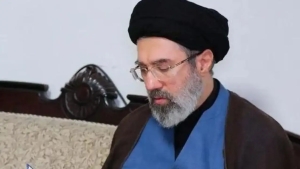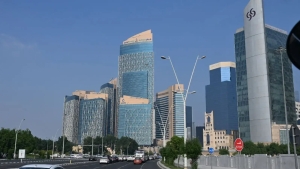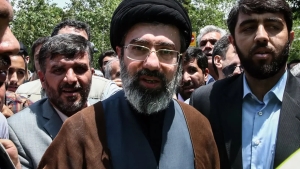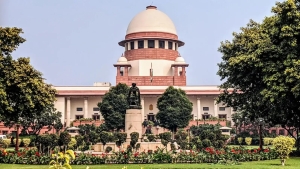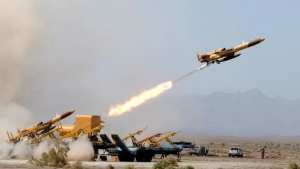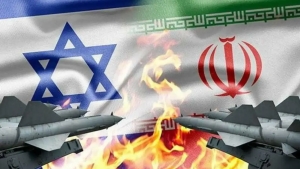Trump Peace Plan: Ukraine and Russia in Opposing Positions

Former US President Donald Trump's administration has announced a new peace plan aimed at ending the war between Russia and Ukraine. This was reported by Zamin.uz.
Several reputable international publications, including *Axios*, *Reuters*, *Financial Times*, and *The Economist*, covered this plan. According to reports, the plan proposes giving a large part of Donetsk region to Russia, recognizing Crimea and Donbass as Russian territory, as well as freezing the front line in Zaporizhzhia and Kherson.
This is regarded by Ukraine and its allies as a “major concession.” The plan consists of 28 points and envisions withdrawing Ukrainian troops from Donetsk and creating a demilitarized zone for both sides.
Additionally, Russia's right to deploy troops in Donetsk and Luhansk regions would be limited. The front line in Zaporizhzhia and Kherson oblasts would remain as it currently stands.
Later negotiations could determine which parts of these territories might be returned to Ukraine, but no clear mechanism has been developed yet. The most controversial part of the plan is the official recognition by the US and European countries of Crimea and Donbass as Russian territory, while not forcing Ukraine to accept this.
Furthermore, it envisages a significant reduction in the size of the Ukrainian army and restrictions on the use of long-range missile strikes. According to the *Financial Times*, Kyiv may also accept demands such as granting official status to the Russian language and recognizing the Russian Orthodox Church with a special legal status.
The plan also strictly prohibits the deployment of foreign troops on Ukrainian territory. In exchange for these concessions, the US proposes providing Ukraine with security guarantees against future Russian military aggression.
However, there is currently no clear information on how these guarantees would work. Ukraine has strongly opposed this plan.
President Volodymyr Zelensky canceled a planned meeting in Ankara to discuss the plan. Ukrainian leaders prefer to discuss such matters in a broader format involving European countries.
Zelensky expressed gratitude to Turkish President Recep Tayyip Erdoğan for mediation and emphasized Ukraine’s readiness to support any peace initiatives. European countries are approaching this initiative cautiously.
Some countries are concerned that the US and Russia are trying to reach an agreement between themselves. At the same time, the Kremlin stated its readiness to continue negotiations and blamed Kyiv for the pause.
In conclusion, the new plan from the Trump administration is causing serious debates on the international stage. Whether this initiative will help end the war or open a new political phase remains unknown for now.


